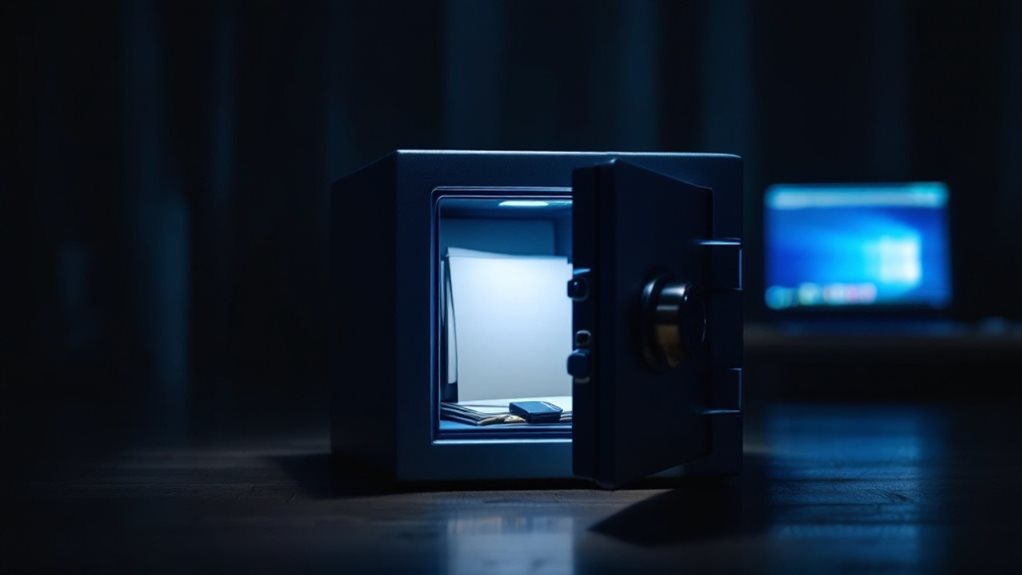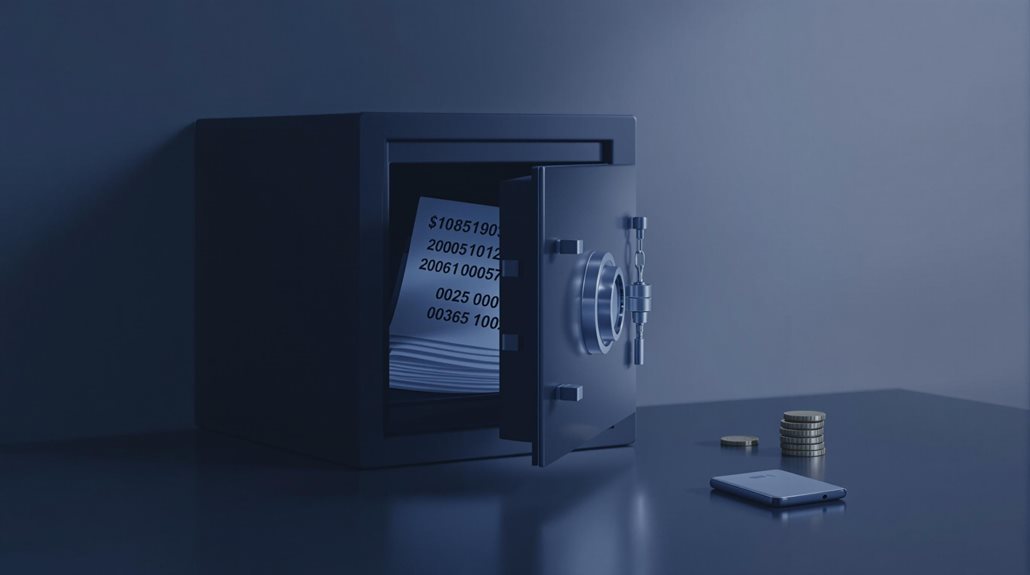Private keys in cryptocurrency are unique digital passwords that give users complete control over their crypto funds. They're like a super-secure master key that proves ownership and allows people to send or receive digital money on the blockchain network. These keys create digital signatures to validate transactions and must be kept totally secret. Recent data shows that stolen private keys led to over $239 million in losses, highlighting why proper key security is essential.

In the world of cryptocurrency, private keys serve as the ultimate password to digital wealth. They're unique alphanumeric codes that let people access and manage their crypto funds, working like a special key to release a virtual vault where digital assets are stored. These private keys are mathematically connected to public keys, creating a matched pair that's crucial for proving ownership and authorizing transactions on the blockchain. Digital signatures are created with private keys to validate every transaction on the network.
The security of private keys has become a major concern in the crypto world. In the first quarter of 2024, compromised private keys led to $239 million in losses, showing a massive 1,171% increase from the same period in 2023. When someone loses their private key or it gets stolen, they can permanently lose access to their funds. There's also growing concern about quantum computing potentially threatening current cryptographic systems.
Crypto users can store their private keys in different ways. "Hot" wallets keep keys online for easy access, while "cold" storage options keep them offline for better security. Paper wallets and hardware devices are popular offline storage choices. Hardware wallets provide enhanced security by keeping digital assets completely isolated from internet connections. Some people use multi-signature setups, which require multiple keys to approve transactions, adding an extra layer of security for large holdings. New decentralized identity solutions are also emerging to help manage keys more effectively.
The crypto world has seen numerous cases of private key theft and loss. Phishing scams frequently target users, trying to trick them into revealing their private keys. A notable example is the Milady Maker founder case, where insecure storage led to theft. These incidents highlight why private keys should never be shared with anyone.
The industry keeps evolving to address these security challenges, with some developers working on quantum-resistant algorithms for future protection. Private keys represent both the strength and vulnerability of cryptocurrency systems. They allow users to control their funds without banks or other middlemen, but this independence comes with significant responsibility.
As cryptocurrency continues to grow, the importance of private key security grows with it. Regular security updates and careful storage practices have become standard in the industry, reflecting the vital role these digital keys play in protecting billions of dollars worth of digital assets.
Frequently Asked Questions
Can Cryptocurrency Private Keys Be Changed or Reset if Compromised?
Private keys can't be changed or reset once they're created.
They're permanently linked to their public addresses through complex math.
If a private key gets compromised, the only solution is to move funds to a new wallet with a fresh private key.
It's like having to abandon a compromised password – you can't fix the old one, but you can create a new one and move everything there instead.
What Happens to Private Keys After a Cryptocurrency Hard Fork?
During a cryptocurrency hard fork, private keys stay exactly the same. They don't change at all.
The same private key will work on both the original blockchain and the new forked chain. It's like getting a copy of a key that works on two different doors.
Users keep control of their coins on both chains with their original private key. The key itself isn't affected by the fork.
How Do Hardware Wallets Protect Private Keys Differently From Software Wallets?
Hardware wallets store private keys offline in specialized security chips, while software wallets keep them on internet-connected devices.
Hardware wallets don't let private keys leave the device, even during transactions. They're protected by PIN codes and encrypted security features.
Software wallets, however, are more vulnerable to online threats like hacking and malware since they're connected to the internet.
Hardware wallets also use tamper-resistant hardware to prevent physical attacks.
Are Private Keys the Same Across Different Cryptocurrency Networks?
Private keys aren't the same across different cryptocurrency networks.
While Bitcoin and Bitcoin Cash share similar key formats, networks like Bitcoin and Ethereum use different methods to create their keys.
Multi-coin wallets can generate network-specific keys from a single seed phrase, but you can't directly use a Bitcoin private key for Ethereum transactions.
Each network has its own standards for how private keys are formatted and used.
Can Quantum Computers Break the Encryption of Current Private Keys?
Yes, quantum computers could potentially break today's private key encryption, but they're not powerful enough yet.
While current quantum computers have high error rates and limited capabilities, future machines with enough error-corrected qubits could crack the encryption using Shor's algorithm.
Scientists estimate it would take around 1,500 stable qubits to break Bitcoin's encryption.
However, this level of quantum computing power is still years away from being achieved.





